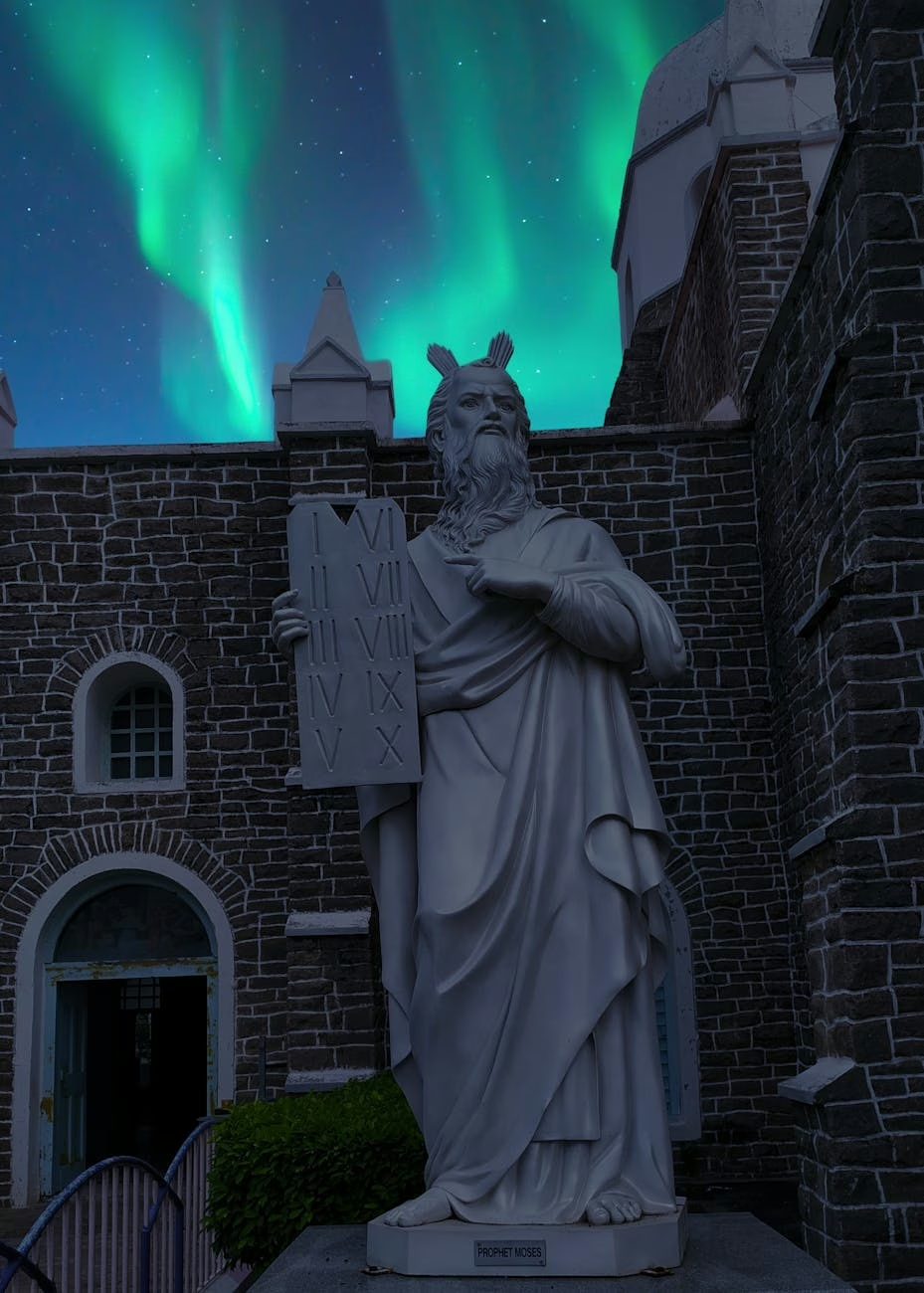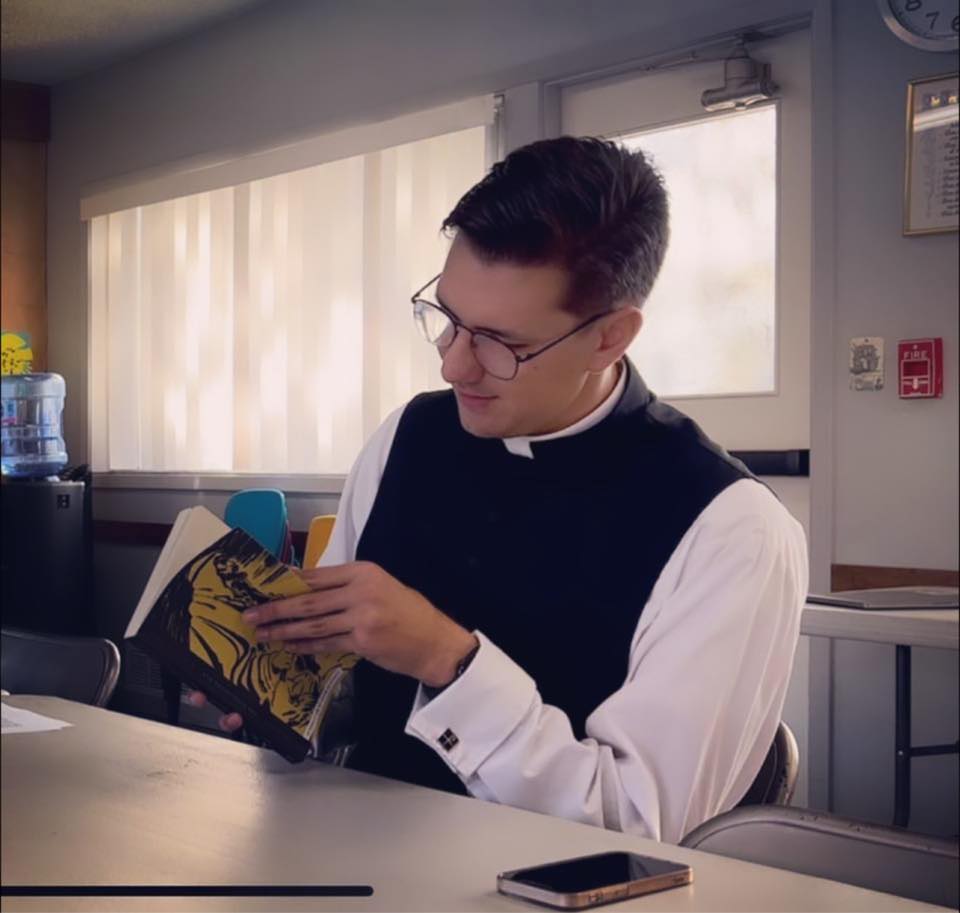The question of Sabbath observance—whether Christians are bound to Saturday or Sunday worship—often sparks thoughtful theological discussion.
A recent comment on my Youtube channel read:
“Jesus made no such command to move the Sabbath from Saturday to Sunday. He indeed rose again on the first day of the week, and two scriptures (Acts 20:7; 1 Cor. 16:2) suggest the early church met on the first day of the week for worship, but Jewish Christians continued observing the Sabbath itself on Saturday. Not until the fourth century do we observe any language about the Sabbath being ‘transferred’ to Sunday in the patristic writings.”
Is the comment correct? Let me add some context:
Two Dimensions of the Sabbath: Creation and Redemption
In the Bible, Sabbath remembrance has two distinct theological dimensions:
- Creation: In Exodus 20, the Sabbath is linked to God’s rest on the seventh day after creating the heavens and the earth.
- Redemption: In Deuteronomy 5, the Sabbath command is rooted in Israel’s deliverance from slavery in Egypt.
These dual aspects—rest from work and covenantal worship—formed the foundation of Sabbath observance under the Old Covenant. It was a sign of the covenant, and its observance was a matter of legal necessity, even punishable by death in the Hebrew commonwealth (cf. Exodus 31:14–15).
The Shift from Saturday to Sunday
To say the Sabbath “moved” from Saturday to Sunday is a way of acknowledging a deeper covenantal transition. The seventh-day Sabbath of the Mosaic Covenant finds its fulfillment in Christ, who rose on the first day of the week, inaugurating a new creation.
St. Paul writes in Colossians 2:16–17:
“Therefore let no one pass judgment on you in questions of food and drink, or with regard to a festival or a new moon or a Sabbath. These are a shadow of the things to come, but the substance belongs to Christ.”
This declaration shows that the ceremonial function of the Sabbath has been transformed. No longer a legal or civil observance required on the seventh day. This change in covenantal sanction—from death penalty law to resurrection remembrance—demonstrates that the early Church understood Sunday worship as the new expression of Sabbath worship.
Worship on the Lord’s Day
The early Church understood Sunday, the Lord’s Day, as the Christian fulfillment of Sabbath worship. The earliest Christian writings reflect this practice. In his letter to the Magnesians (A.D. 107), St. Ignatius of Antioch wrote:
“If then those who had walked in ancient practices attained unto newness of hope, no longer observing Sabbaths but fashioning their lives after the Lord’s day, on which our life also arose through Him… how shall we be able to live apart from Him?”
(Magnesians 9:1–2)
Was Saturday Always the Sabbath in Ancient Israel?
It’s important to challenge the modern assumption that “Saturday = Sabbath” is historically fixed. The biblical Hebrew calendar did not function like our Gregorian calendar with its unbroken 7-day week. Changes in the Hebrew calendar during the intertestamental period also criticized changes that happened in Jewish tradition as well.
In ancient Israel:
- The calendar was solar-lunar in nature.
- It generally had 12 months of 30 days, with intercalary days (e.g., 3 days at the end of the 6th month and 2 at the end of the year) to keep the year in sync with the seasons.
- Many of the Sabbaths described in the Torah (like those on Abib 15 and 21) were tied to specific dates, not fixed days of the week.
This means that festival Sabbaths did not always fall on a Saturday, and the notion of an uninterrupted Saturday Sabbath was likely not consistent in ancient practice.
The Christian observance of Sunday is not a simple rebranding of Saturday or some Catholic conspiracy. It is a covenantal fulfillment—a celebration of the resurrection, a foretaste of eternal rest, and a sign of the new creation. While Saturday observance has been reintroduced in some modern denominations, the historic Church’s worship on Sunday reflects the theological reality that Christ is our Sabbath rest (cf. Hebrews 4:9–10) and the historic practice of the ancient church and Apostolic tradition.
Want more on this topic?
Check out the discussion on my YouTube channel, where I respond to great questions from viewers like ErikNilsen1337.



Leave a Reply